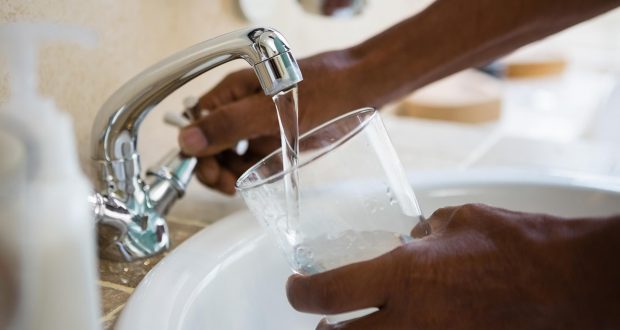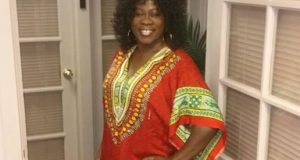This is the first in a series of five articles and editorials that will inform you about the sources, quality and safety of your drinking water in California, and introduce you to economic opportunities as well as key African American decision makers in our state’s water industry.
By Dale Hunter | Special to California Black Media
Is your tap water safe to drink?
For a majority of Californians, the answer is “yes.”
However, in some areas, especially rural and disadvantaged communities, the drinking water does not meet state and federal drinking water standards and regulations.
California has some of the strictest water quality regulations in the nation, but there is no one-size-fits-all solution for communities with challenges meeting those regulations. The quality of your drinking water depends largely on where you live. For example, if you live in Stockton, the source of your drinking water may be from local groundwater wells or from the San Joaquin River Delta. Many Southern Californians drink water from the Colorado River.
The source of your water supply dictates how much clean-up and treatment is required. The agency responsible for delivering the water to your home — which may be a city, special district or private company — will dictate whether that treatment occurs, and which process is used.
The California African American Water Education Foundation (CAAWEF), in partnership with the Association of California Water Agencies (ACWA), is sponsoring a five-part series titled, “Is Your Water Safe to Drink.”
Over the next two months, the series will examine and inform the African American community about the current drinking water quality across our state. Community leaders, water quality experts and clean water advocates will offer their perspectives on the challenges to ensuring safe drinking water for all.
In 2012, a California law declared that every person in the state has a right to clean, safe and affordable drinking water. Although that law did not appropriate any money or levy any taxes to fund its implementation, in 2019, Gov. Gavin Newsom signed Senate Bill 200, authored by Sen. Bill Monning (D-Carmel), to provide funding to achieve the goal of “safe drinking water in every California community and for every Californian.”
The State Water Resources Control Board estimates that all drinking water funding sources combined will provide $496 million during the 2020-’21 fiscal year for drinking water solutions.
In this series, we hope to inform you about the water industry in California and about the safety of your water supply. Our goal is to motivate you to become engaged and active participants in influencing the decisions the state and companies make regarding the water you depend on to live and for so many other vital aspects of your life.
The information in this article is brought to you in partnership with the Association of California Water Agencies (ACWA), a non-profit statewide association of public water agencies whose more than 450 members are responsible for about 90 % of the water deliveries in California.
 Westside Story Newspaper – Online The News of The Empire – Sharing the Quest for Excellence
Westside Story Newspaper – Online The News of The Empire – Sharing the Quest for Excellence





